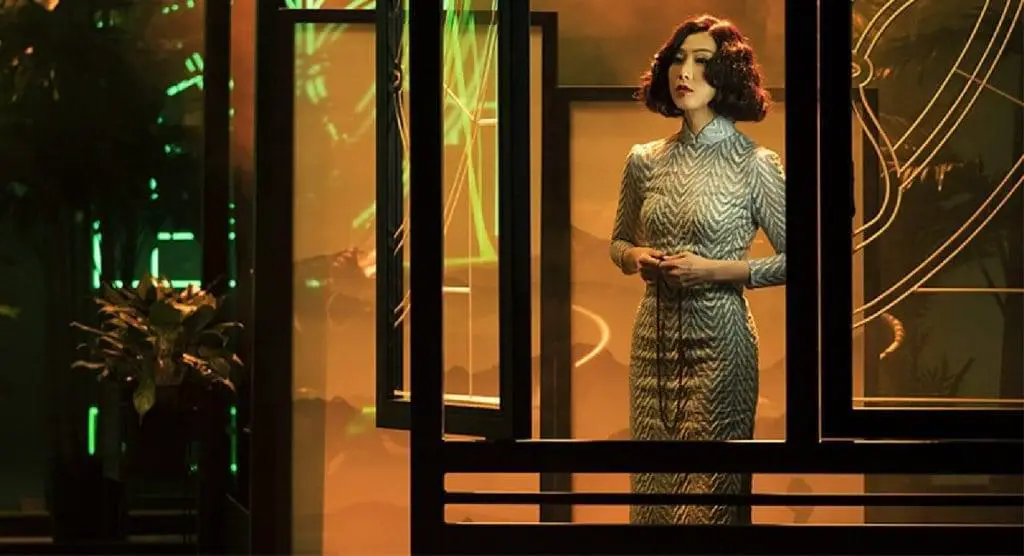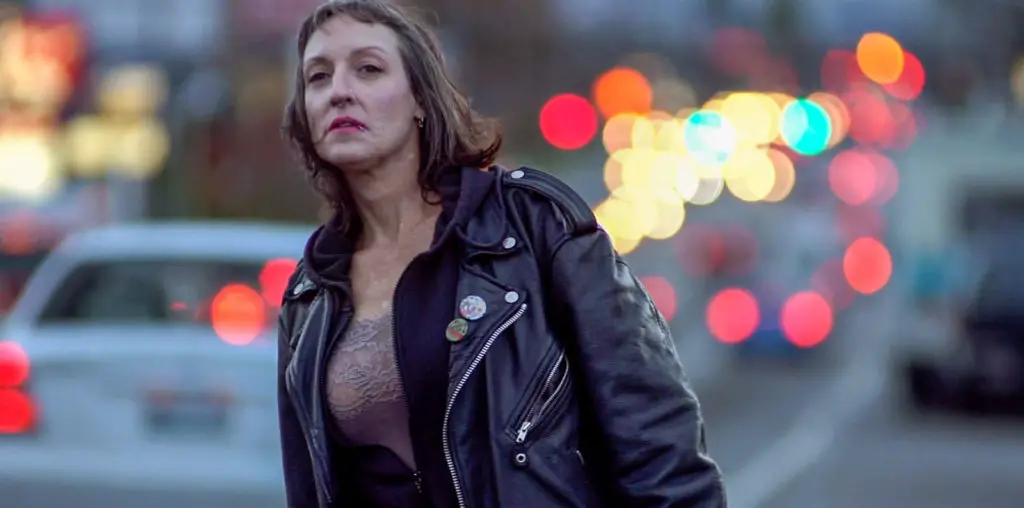
An immensely enjoyable absurdist comedy, “The Dueling Accountant” tells the story of corporate business, ancient feuds, the hypocrisy of family and how your life never ends up the way you planned. An aspiring novelist named Mungo labors as a corporate accountant by day, and scribbles fevered verse via quill and parchment by night. One day, at a typical business deal, he is thrust into the middle of a life-changing event. Seems the founder of a big, important corporation has no desire to sell his company to the highest bidder but, rather, would rather see two men fight for the honor of owning it. Each competing company will offer a champion who will fight a fencing duel. In the end, it is Mungo who will eventually fight the amoral and highly-skilled fencing lawyer, Jasper. But before the duel takes place, Mungo will fall in love with the billionaire’s daughter, get abducted by gypsies and will learn the truth about his lineage and upbringing. Jasper will learn a thing or two as well.
Wonderfully ludicrous and upbeat, “The Dueling Accountant” immediately calls to mind old fashioned Hollywood comedies-of-error like Danny Kaye’s “The Court Jester,” “Road to Morocco” and the better Marx Brothers movies, as well as Sam Raimi’s earliest Three Stooges-inspired short films. Mungo is an instantly likable offbeat hero who rises to the occasion at the end, surrounded by larger-than-life vivid characters including the king of the Gypsies who teaches him how to fence. To say there isn’t a dull moment along the way might be an understatement—it really depends on your own personal affection for pre-‘60s comedy.
Director Bishai is clearly a huge fan of these movies and with co-writer Smith shows a keen ear for witty dialogue. The production is also slick-looking and gorgeous—particularly an end set piece involving a steam train that instantly summons to mind moody movies like “Casablanca” and “The Third Man.” The leads, particularly Fonicello and Basil Rathbone-esque Beckham, are perfect in this painstakingly-created world.
Which is what makes the staging of the duel all the more tragic. With the entire film building up to this climactic swordfight, you’re on the edge of your seat when it starts. But things break down when nearly every previously-introduced character bursts into the room ala “What’s Up, Doc?” in an attempt to wrap up all the loose ends. The duel suddenly takes a hurried back seat to everything else, which left me, at least, moaning at the loss. When the duel picks up a few minutes later, in a narrow board room, it’s clear that something went wrong in the production at the zero hour, as all too often happens with indie filmmaking. The staging is cramped—Mungo and Jasper rarely appear in the same frame as their swords cross, we miss vital bloodletting—the very point of most duels—and the fighting itself lacks a desperately-needed panache, which was not lacking in the film leading up to the climax. It’s the blocking of this crucial scene, borne of whatever production circumstance, that is the true Shakespearean tragedy of “The Dueling Accountant.”
While the climax is major letdown, it’s the only one to be found in this otherwise exemplary film. It can’t come more highly recommended, especially for people who feel that modern movies lately have been missing a great deal of fun, whimsy, absurdity and, well, panache.

